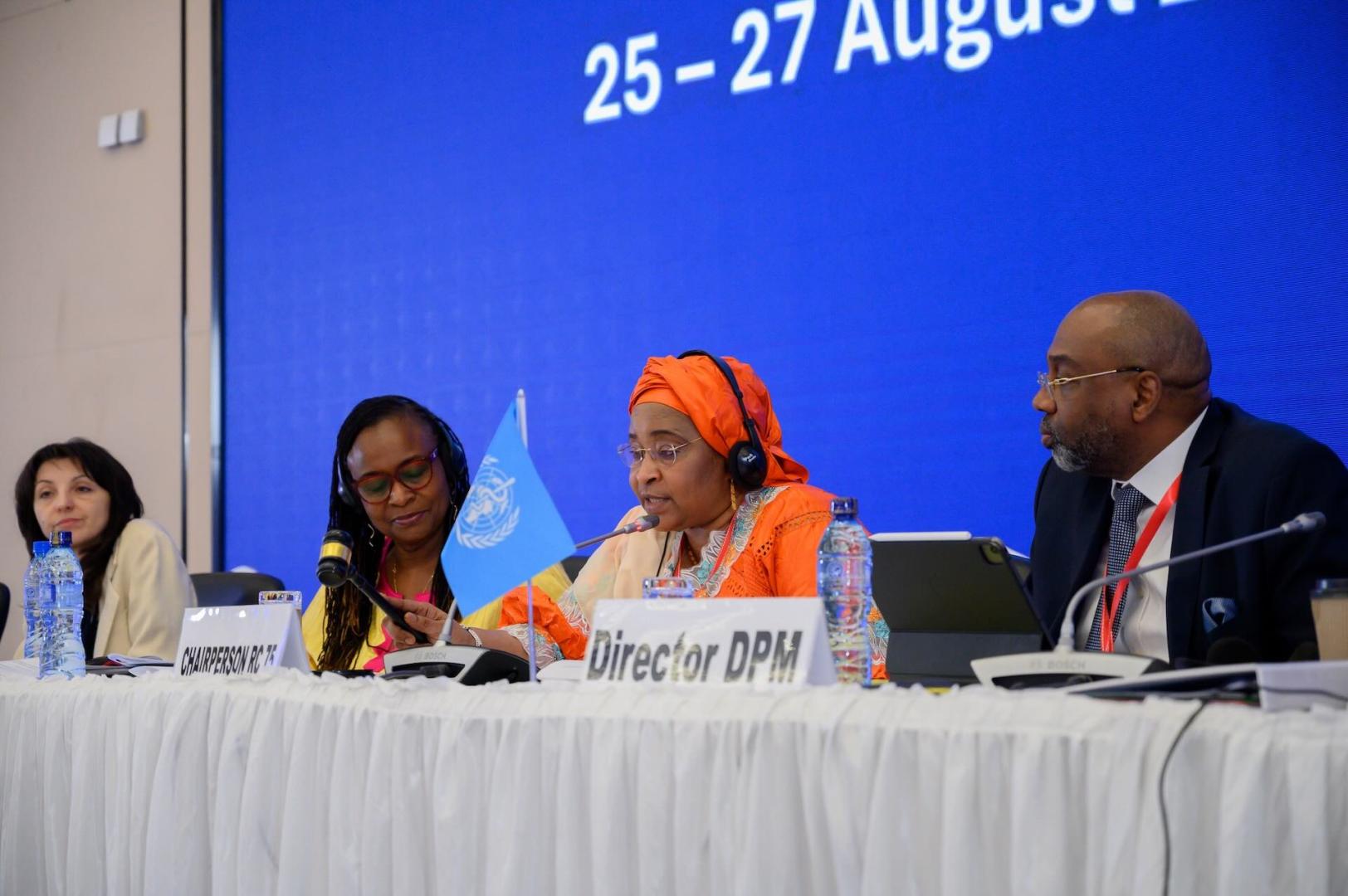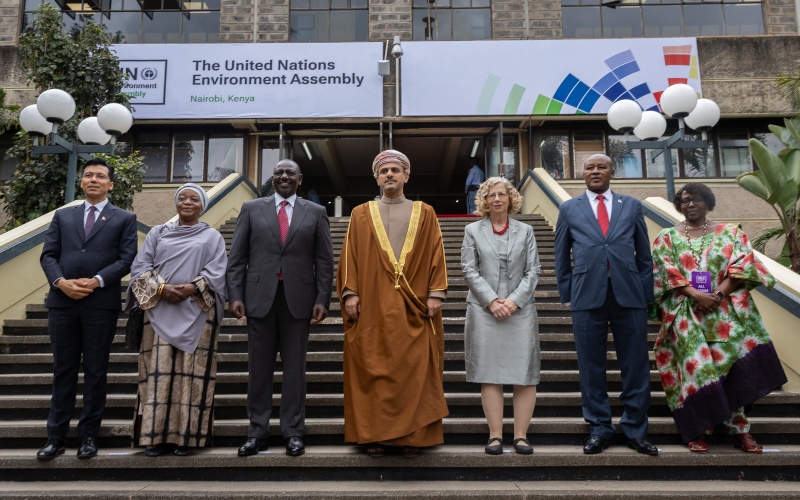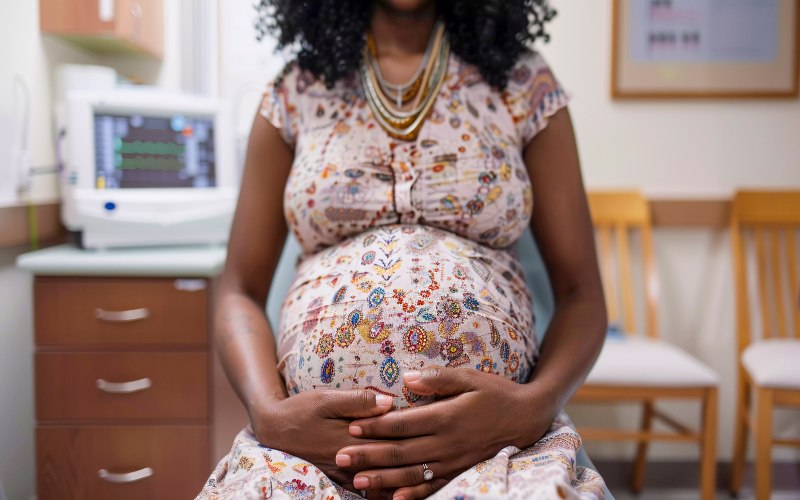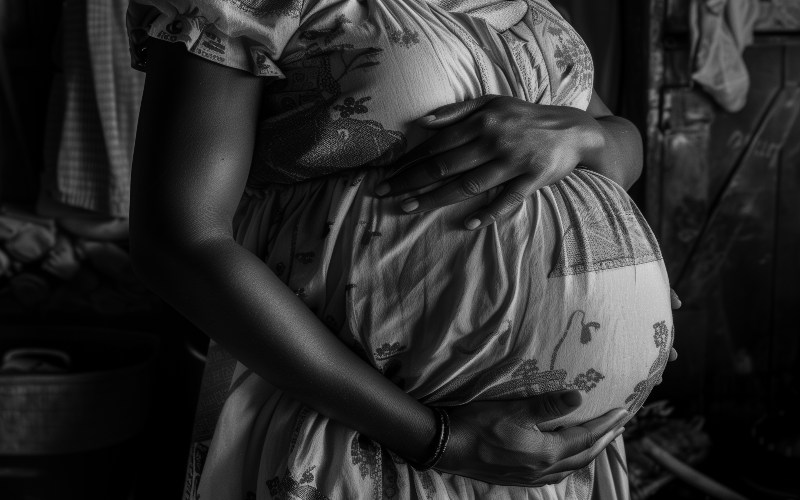African health ministers adopt regional framework to fight oral diseases

The framework seeks a 10 per cent reduction in major oral diseases and targets 60 per cent of African countries having national oral health policies with dedicated budgets and staff by 2028.
African health ministers have adopted a regional framework to accelerate efforts against oral diseases, which affect around 42 per cent of the continent's population.
The initiative aims for at least 50 per cent of each country's population to have access to essential oral health services and was endorsed on Monday during the 75th session of the WHO Regional Committee for Africa in Lusaka, Zambia.
The framework also seeks a 10 per cent reduction in major oral diseases and targets 60 per cent of African countries having national oral health policies with dedicated budgets and staff by 2028.
More To Read
- Maternal and newborn health in crisis as millions born in conflict zones, Save the Children warns
- South Sudan health system on brink as conflict and cholera spread, MSF warns
- South Korean scientists develop patch to regrow human teeth
- Parents lead the fight against malnutrition as Turkana’s ACCEPT project shows big results
- MSF raises alarm over extreme malnutrition as Sudan crisis deepens
- Study suggests gum disease may signal brain injury and stroke risk
Similarly, 50 per cent of noma-endemic countries are expected to integrate the disease into national health strategies.
Noma is a rapidly progressing, severe gangrenous disease of the mouth and face, primarily affecting children aged 2–6 who suffer from poor oral health, malnutrition, infectious diseases, extreme poverty or weakened immune systems.
"Oral diseases have been largely neglected, making them among the most prevalent in our region," said Dr Mohamed Yakub Janabi, WHO Regional Director for Africa.
"Our efforts to address this threat need to be robust, concerted and sustained. The framework agreed today highlights the urgent need for countries to prioritise oral health, ensuring adequate financing, workforce and leadership to protect and promote health through a more integrated people-centred approach."
Similarly, the framework urged African nations to develop national oral health policies, integrate oral health into essential health services, close workforce gaps, increase access to essential medicines and enhance disease surveillance.
According to the WHO, investment in oral health across Africa remains low, with over 70 per cent of countries spending less than $1 (Sh129) per capita, which is far below the global average of $50 (Sh6,460).
Similarly, most oral health services focus on expensive treatments, while basic prevention, such as fluoride toothpaste, remains limited. In 2023, only four countries had national fluoride guidelines, and the region faces a serious shortage of dental workers, with just 3.7 per 100,000 people compared to the needed 13.3.
Subsequently, the health ministers agreed to implement the framework by boosting political commitment and ensuring sufficient resources, staff, and logistical support are allocated to the initiative.
Top Stories Today














































